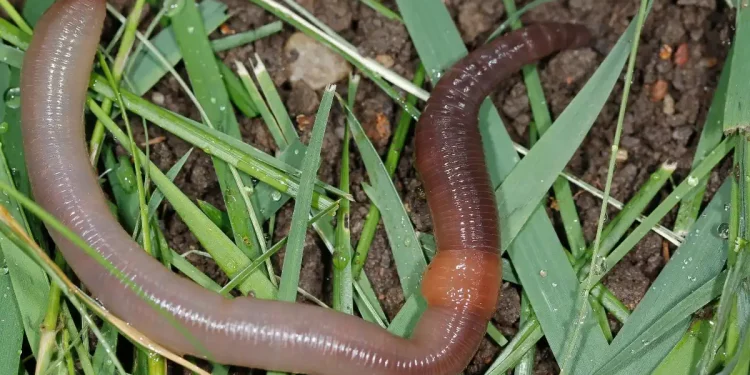This article explores the benefits of vermiculture and biogas slurry in improving soil fertility and boosting agricultural productivity. Drawing on information from Glavagronom, a trusted agricultural source, we delve into the process of vermicomposting and the utilization of biogas slurry as organic amendments to enrich soil nutrient content. Discover how these practices can benefit farmers, agronomists, agricultural engineers, farm owners, and scientists seeking sustainable methods to enhance soil fertility.
Vermicompost and biogas slurry are valuable organic resources that play a significant role in enhancing soil fertility and promoting sustainable agriculture. This article highlights the process and benefits of utilizing these organic amendments for improving soil health and increasing crop productivity.
Vermicompost, also known as worm compost, is created through the decomposition of organic materials by earthworms. It is a nutrient-rich organic fertilizer that enhances soil structure, increases microbial activity, and improves nutrient availability for plants. Glavagronom emphasizes that vermicompost provides a balanced nutrient profile, including essential elements such as nitrogen, phosphorus, and potassium, as well as beneficial microorganisms that contribute to soil health.
Biogas slurry, a byproduct of anaerobic digestion, is another valuable organic amendment for soil fertility improvement. This slurry is obtained from the fermentation of organic waste in biogas production systems. It contains high levels of organic matter, nitrogen, phosphorus, and other nutrients that can replenish soil nutrient content. Applying biogas slurry to agricultural fields helps enhance soil structure, water-holding capacity, and nutrient cycling, leading to improved crop growth and yield.
The utilization of vermiculture and biogas slurry offers numerous benefits to farmers and the environment. These organic amendments promote sustainable practices by reducing reliance on synthetic fertilizers and minimizing waste. They also contribute to carbon sequestration, improve soil moisture retention, and support the growth of beneficial soil microorganisms.
Incorporating vermiculture and biogas slurry into agricultural systems requires proper application techniques. Glavagronom suggests incorporating vermicompost into the soil during land preparation or applying it as a top dressing around plant roots. Biogas slurry can be effectively used through irrigation systems or as a foliar spray, ensuring efficient nutrient uptake by crops.
In conclusion, vermiculture and biogas slurry provide viable options for enhancing soil fertility and sustainable agricultural practices. By integrating these organic amendments, farmers can improve soil health, nutrient availability, and crop productivity while reducing environmental impacts. Embracing these practices supports the transition towards more resilient and eco-friendly farming systems.
Tags: Agriculture, Vermicompost, Biogas Slurry, Soil Fertility, Organic Amendments, Sustainable Agriculture, Nutrient Cycling, Crop Productivity, Soil Health, Microbial Activity.
Reference: Source












